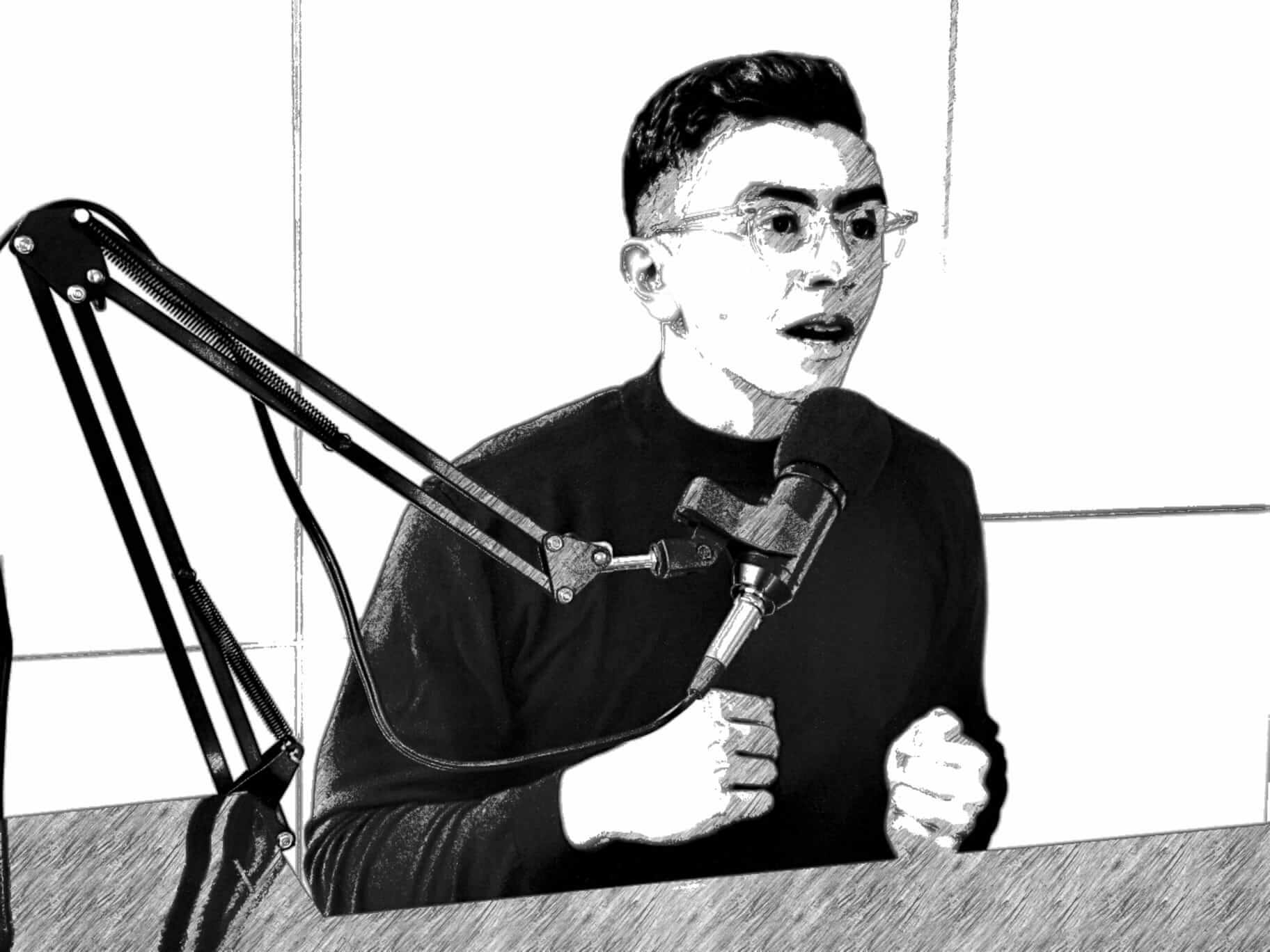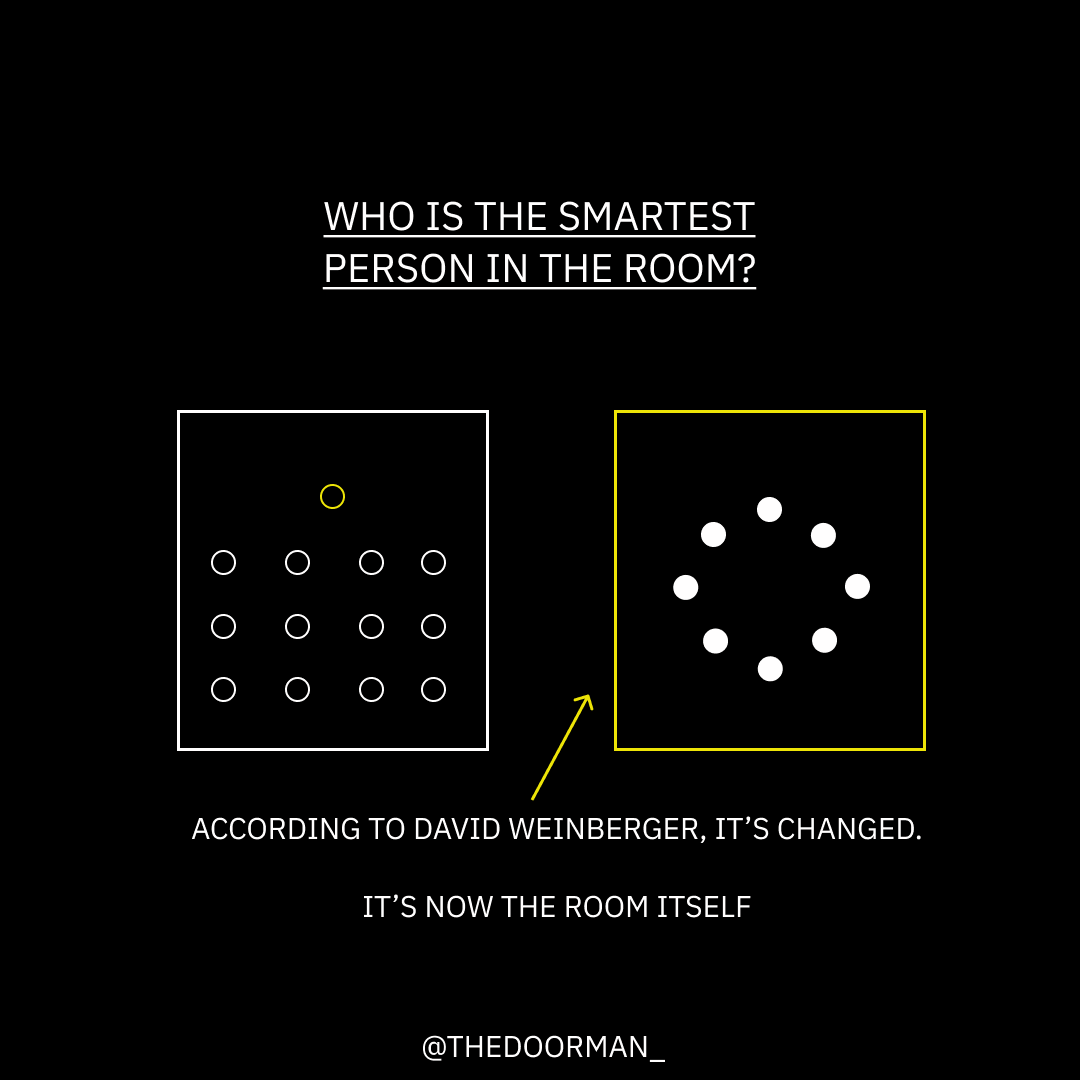The Owen Wilson Test
How do you know when your work is good enough? Keeping your personal standards high is a pretty good start. Beyond that, I use a cheat called The Owen Wilson Test. As in the famous Hollywood actor who often says 'WOWWWW' in films. (See here). An emotive, heartfelt 'WOWWWW'. When I send a writing piece or advertising idea to a friend I wait to see if it garners a WOWWWW reaction from them. People will not ask you 'is this the very best you can do?' and they won't always be conscious of what your very best is. So when something is just okay, they'll say 'that's good!' But
Stacking the Upside — have you made the most of your opportunity?
Stacking the upside is a principle that has been central to my life for the last four to five years. The 'upside' is what you stand to gain in a situation — stacking it means piling up what you will gain. I'll give you examples below from my own personal business, learning, education and career journeys. The next examples are just to ensure that the basics are clear. If you were going to choose between two properties to buy as an investment, one which is expected to grow in value at 5% per year, and another at 10%, the one with 10%
How I put a spam marketer in his his place!
There's nothing more annoying than receiving spam, marketing dm's and cold calls, right? There you are minding your own business and working hard, trying to get towards your goals, when someone who's managed to find your number or email pierces through and distracts you during your day. It's annoying when people waste your time and take away your energy, just to push their agenda. I received one such message the other day and decided that enough was enough. Hey Joe, Isaac here
How I spot young talent (catch them in the ‘Expression Phase’)
This comes as part of my ramblings and loose thoughts for my next book, which I'm "Writing in Public" first through blog posts. I've decided to move these back to the website, and am experimenting with keeping my newsletter simpler. The below follows this most recent post on that awkward creative phase when you 'just have ideas', don't follow through with anything, and riddle yourself with guilt. These people don't realise they're on a very natural and healthy journey towards creative brilliance. The post today is about the next phase of that journey. If you want to stay up-to-date with what I share,
32 Reasons why you can’t afford NOT to start a podcast
Should you start a podcast? As hard as it is to give generic, best-for-all advice, the answer is probably yes. There's not many things I can say that about, but a podcast is probably one of them. I launched the With Joe Wehbe Podcast about 11 months ago. I made 121 daily episodes, then stopped for eight months, but now I'm excited to start publishing episodes again. It's been a very unorthodox podcast journey, but one I'm proud of. Without major reach and distribution yet, so many positives have come from it. In that vein, the below are just 32 of the many
Who is the smartest person in the Room? How to design a Room for learning.
Who is the smartest person in the Room with you right now? What if you were in a Room with Einstein and Marie Curie
Joe’s Rule of 10x Potential
I have the rule of thumb that when two people find a way to effectively and deeply collaborate together, they 10x or 100x their potential. So if two people, named Angela and Andrew, each had the potential to impact 10 people with their work, working separately, the potential if they come together is not just 'added', but grows by a factor of 10. For example, Separately, they impact 20 lives - Angela 10, and Andrew 10. If they work together, they don't just impact 20 lives, or even 40 lives (doubling their impact), but I would say collectively, 200 lives. Go towards and support
The problem with conventional careers planning
Conventional careers planning has a gaping-wide hole. It can't educate you about the jobs that don't yet exist. That is, conventional careers planning has a Thousand Doors problem — the most impactful jobs will be those jobs we don't know about just yet, that universities would not be able to do a course on given they do yet exist. We cannot predict exactly what they will be. No one can give you the steps, because someone like you will have to do it for the first time. Thirty years ago, no one knew what the internet was, what social media was, what cryptocurrency
Find your tribe, let your passion come
I never had a 'career freak out' at any stage of my life, so it's hard to empathise with others who do. The closest I ever came was my time at uni and my time in real estate, where I knew I wasn't doing the most with my time, wasn't doing the thing that made me come alive — but I had a vague idea of what that other 'thing' was on both occasions. When I was studying at uni, I knew I should have been doing more filmmaking. When I was focused on real estate, I had a sense something that exposed
Why learn?
Indeed, why learn at all? We talk so much about education and all its associated problems, but we forget to ask what the very purpose of it is at all. Do I go to university? Are we teaching the right things in schools? These are the questions that always get asked. But we might do what all great thinkers do, and think from first principles. We might go to the core, and ask the question that really matters. Why learn at all? There's a quote about Warren Buffett, by his right hand man Charlie Munger, how he was still improving in his 70's,









